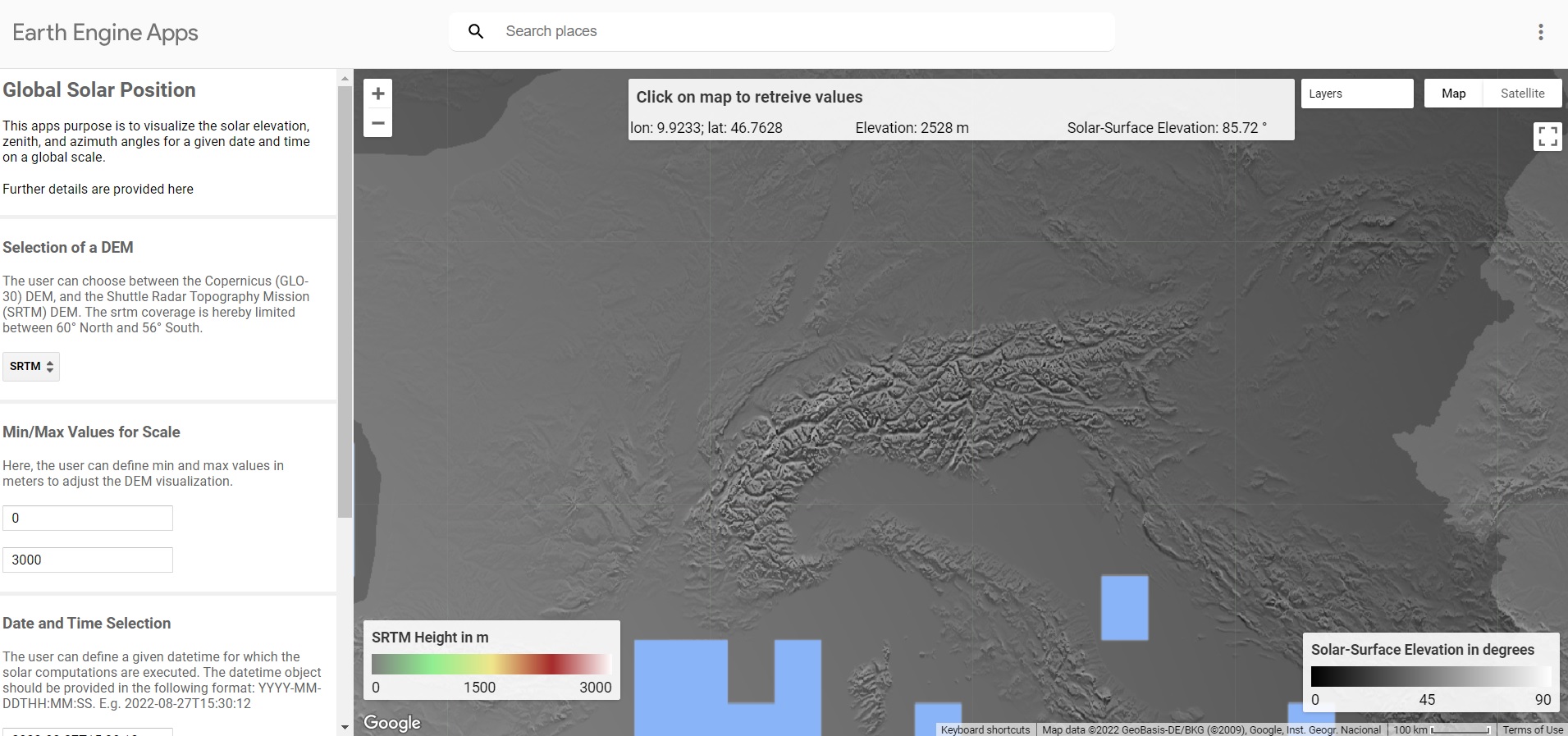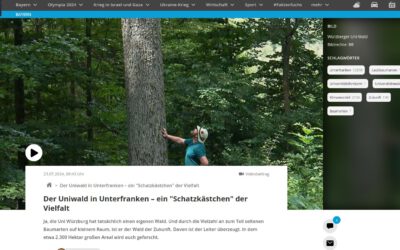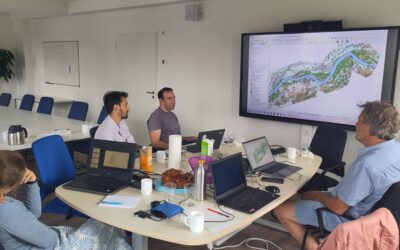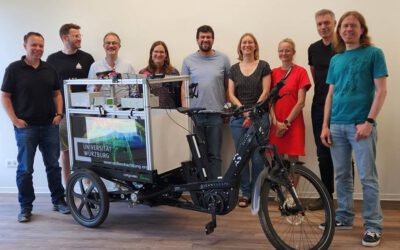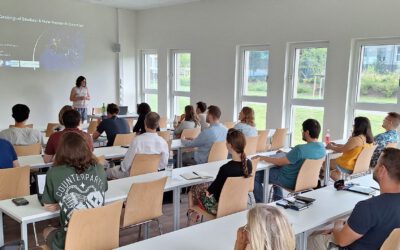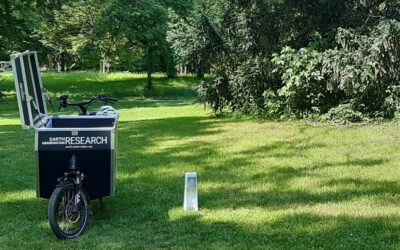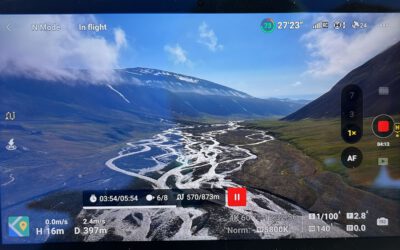Description: Information about the solar position at a given date and time is crucial for e.g. photovoltaic systems and numerous environmental analyses. For this purpose I created the “GlobalSolarPosition” module which enables global computation and visualization of solar position, both with and without respect to the surface slope and aspect in Google Earth Engine. Users can either incorperate the respective functions in their scripts or use the interactive GEE Application.
The calculations of the solar zenith and azimuth angles are based on the following equations. The angles are computed for a given local time with respect to the present time zone based on the Natural Earth time zones dataset.
Access: The code to the functions, example scripts, as well as an interactive Google Earth Engine Application can be accessed via the GlobalSolarPosition GitHub repository.
Citation: Philipp, M. (2022): GobalSolarPosition V.1.0. Zenodo. https://doi.org/10.5281/zenodo.7139847.

